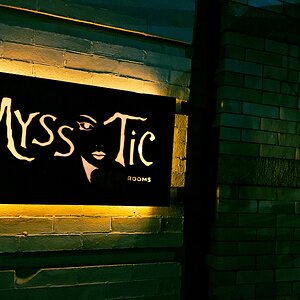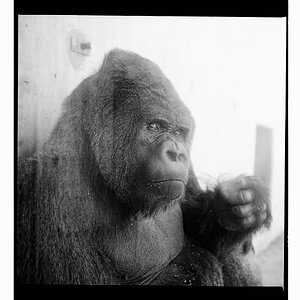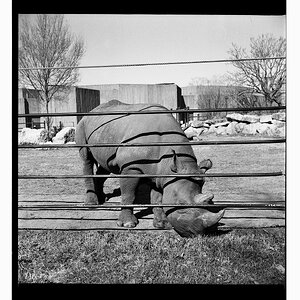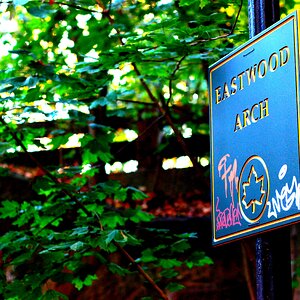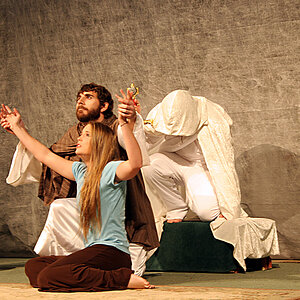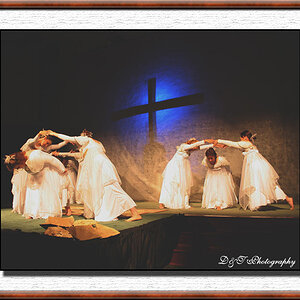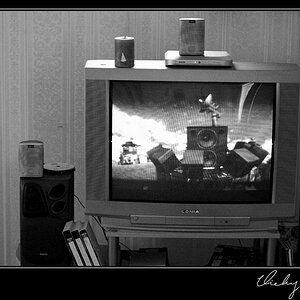Lonnie1212
No longer a newbie, moving up!
- Joined
- Sep 17, 2019
- Messages
- 439
- Reaction score
- 119
- Location
- Springfield, Illinois
- Can others edit my Photos
- Photos NOT OK to edit
Hi Folks,
Have been using a Nikon D3200 for four years now. Have enjoyed it tremendously. But now I am starting to notice a difference in the quality of the full frame camera pictures. I feel like I want to be able to take those same pictures that only a full frame can produce. Tomorrow I will have the chance to purchase a Nikon D610 with a 50 mm lens. The price will be about $650.00 which is fine with me. Today I looked at the price of new lenses that I might like to have for D610. I about fell over when I saw the prices. The cost of the lenses is double, triple, and four times the cost of the camera. Now I am not sure if I want to make this move.
Thanks for listening ,
Lonnie
Have been using a Nikon D3200 for four years now. Have enjoyed it tremendously. But now I am starting to notice a difference in the quality of the full frame camera pictures. I feel like I want to be able to take those same pictures that only a full frame can produce. Tomorrow I will have the chance to purchase a Nikon D610 with a 50 mm lens. The price will be about $650.00 which is fine with me. Today I looked at the price of new lenses that I might like to have for D610. I about fell over when I saw the prices. The cost of the lenses is double, triple, and four times the cost of the camera. Now I am not sure if I want to make this move.
Thanks for listening ,
Lonnie


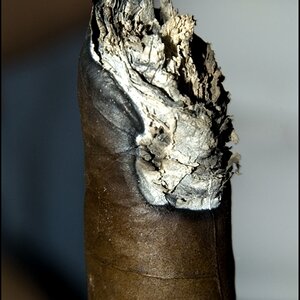
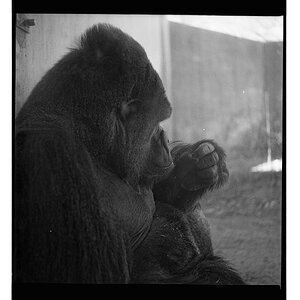
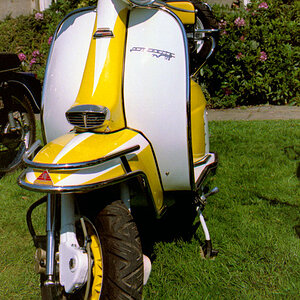
![[No title]](/data/xfmg/thumbnail/37/37519-6093821531f744039f3ac2b3e30c7dbf.jpg?1619738128)

